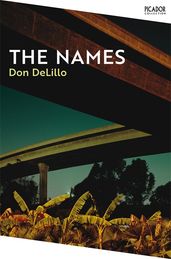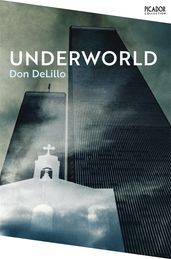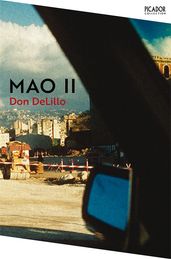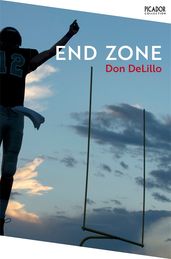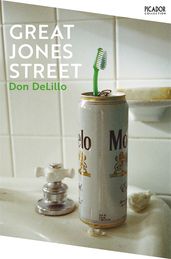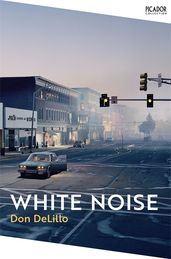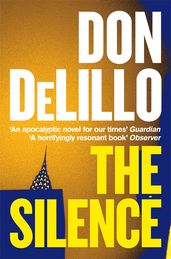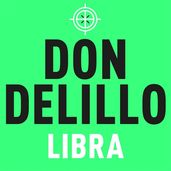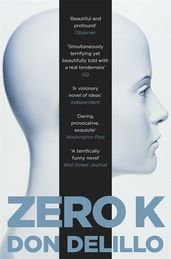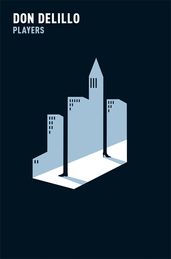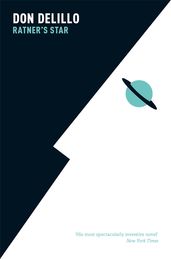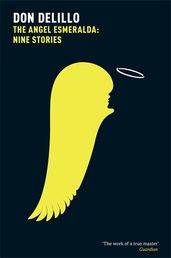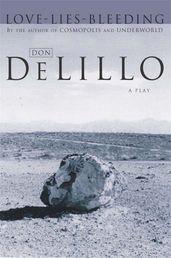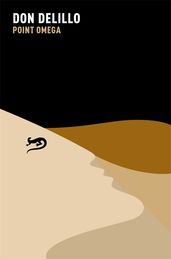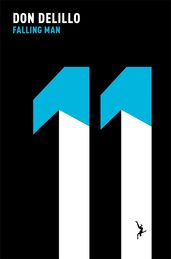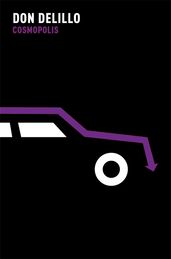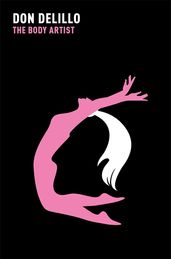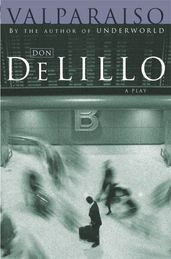Synopsis
Jeffrey Lockhart's father, Ross, is a billionaire in his sixties, with a younger wife, Artis Martineau, whose health is failing. Ross is the primary investor in a remote and secret compound where death is exquisitely controlled and bodies are preserved until a future time when biomedical advances and new technologies can return them to a life of transcendent promise. Jeff joins Ross and Artis at the compound to say "an uncertain farewell" to her as she surrenders her body.
"We are born without choosing to be. Should we have to die in the same manner? Isn't it a human glory to refuse to accept a certain fate?"
These are the questions that haunt the novel and its memorable characters, and it is Ross Lockhart, most particularly, who feels a deep need to enter another dimension and awake to a new world. For his son, this is indefensible. Jeff, the book's narrator, is committed to living, to experiencing "the mingled astonishments of our time, here, on earth."
Read by Thomas Sadoski, Don DeLillo's seductive, spectacularly observed and brilliant novel Zero K weighs the darkness of the world -terrorism, floods, fires, famine, plague - against the beauty and humanity of everyday life; love, awe, "the intimate touch of earth and sun."
Details
Reviews
Both beautiful and profound, certainly DeLillo's best since Underworld, it forces us to confront the spectre of our own mortality, to ask deep questions of our motives in wishing to prolong our span on Earth. We finish the novel with a sudden recognition of the kindness of death, the balm of a bounded life
DeLillo is one of urban life's most perceptive chroniclers
DeLillo's 16th novel takes a sanguine and, as usual, perceptive look at life as it is now, beset by wars, terrorism and the catastrophic results of climate change, and balances them against the beauty and joy that can be involved in being human
Humanly moving . . . sentence by sentence brilliance of phrasing and cadence
